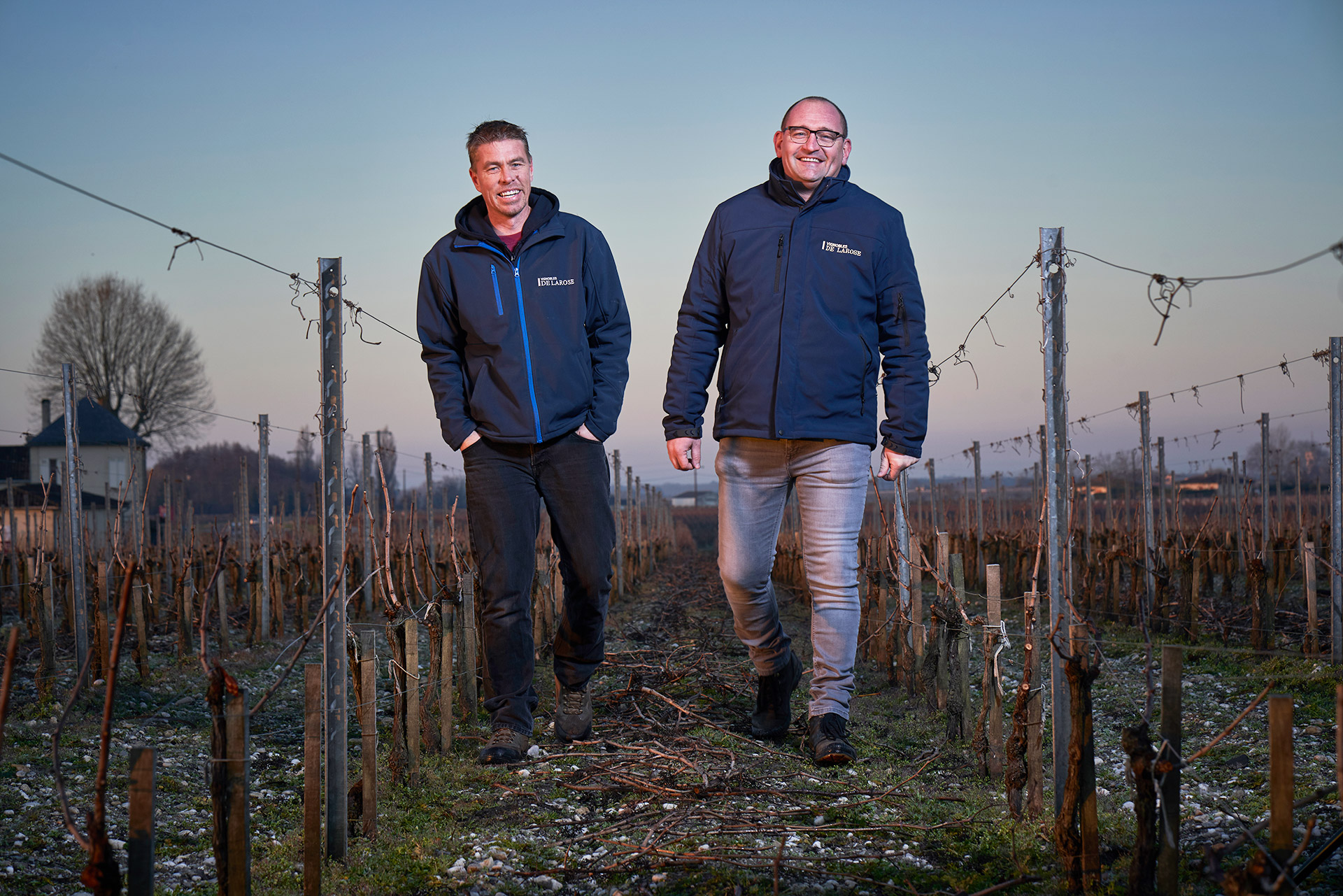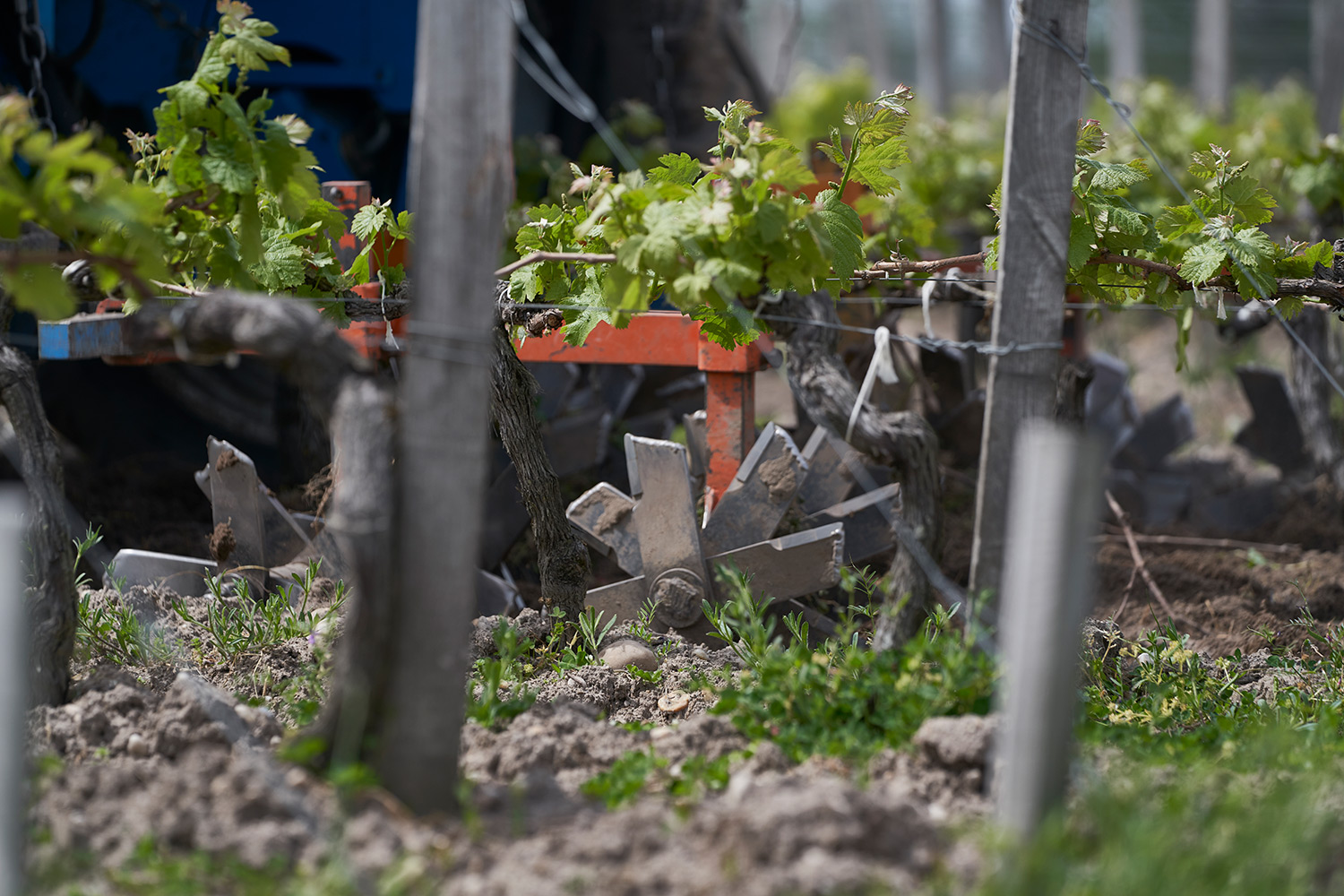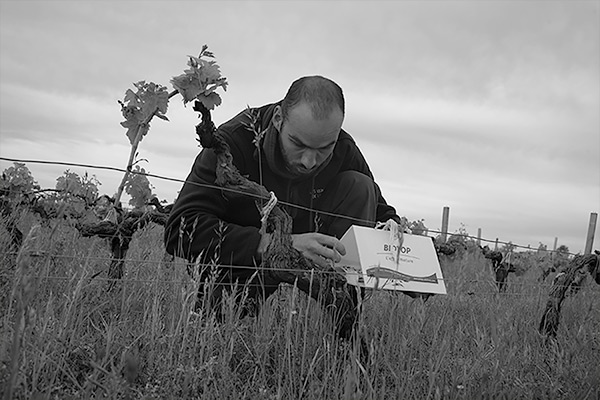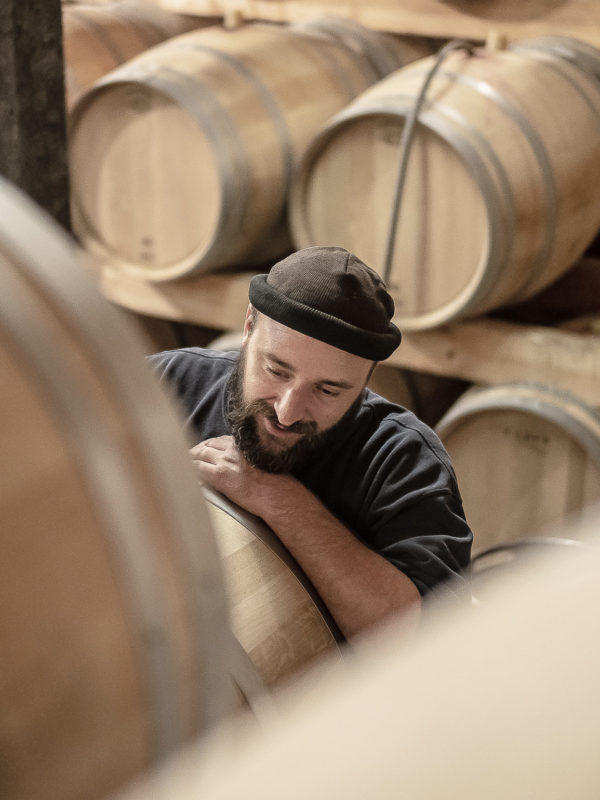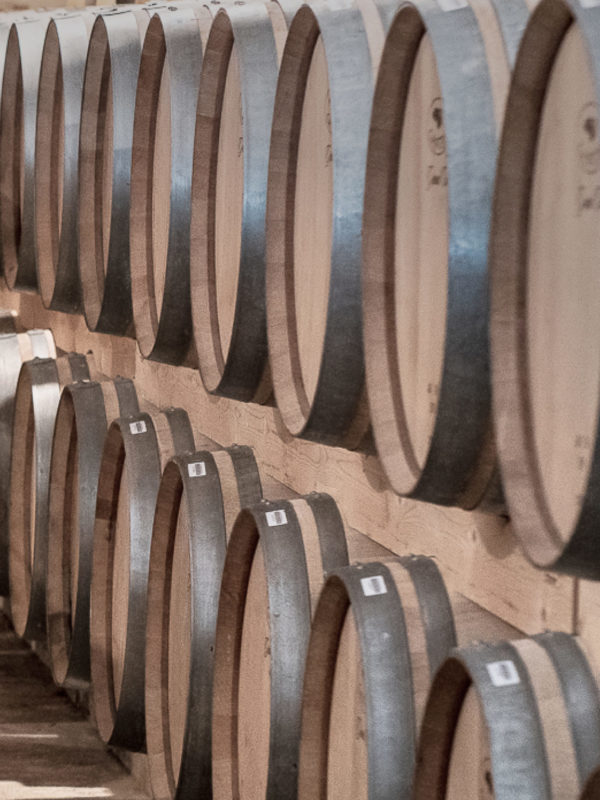
Responsible for
the environment
and health
Faced with the environmental crisis, winegrowers, like everyone involved in agricultural activities, must ask themselves some serious questions and rethink their way of doing things. In the Médoc, where rainfall is abundant, the vines are fragile and susceptible to damage from disease or pests.
The vine has not been a wild plant for many centuries, and without man there would be no grapes to harvest, no wine to drink.
So how can the vines be protected, and healthy grapes be produced, without harming the environment, and without risk to workers or the people who live nearby? How can we make wine that is living and yet stable, how do we control fermentations without using toxic products?
Finding the answers to these questions is the essence of our craft.


